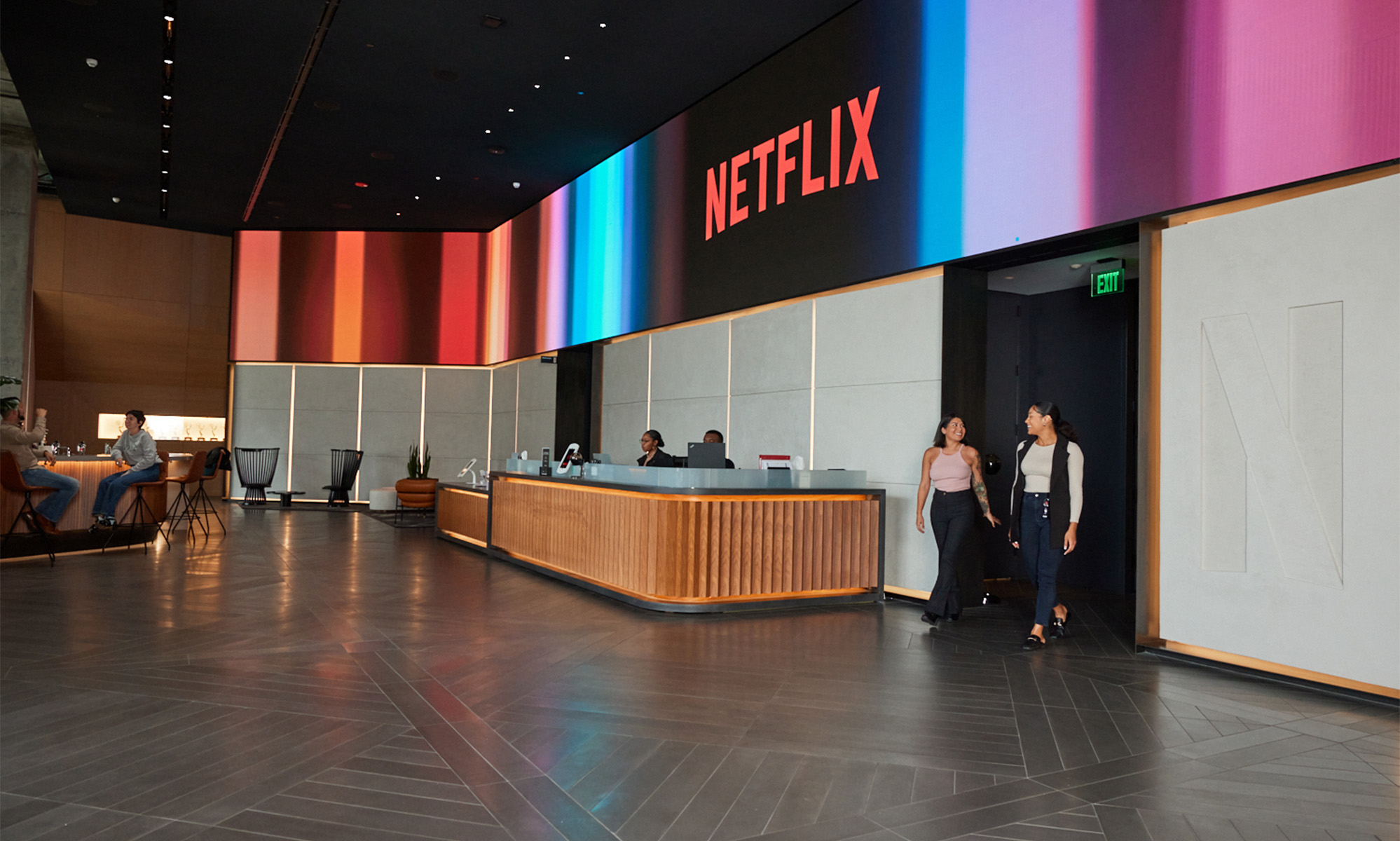When a company announces a stock split, it's generally a good sign that the business is doing well. Its share price has risen to the point where splitting the stock brings its price down to lower levels. The greater the scale of the split, the more the price comes down.
Streaming company Netflix (NFLX +0.40%) has been one of the best growth stocks to own in recent years. Since 2023, it has risen by around 270%, and it closed at just under $1,093 on Tuesday. The company has announced that it will be splitting its stock on a 10-for-1 basis. On Nov. 17, it's set to trade at its new price -- should you wait to buy the stock then?

Image source: Getty Images.
A stock split doesn't fundamentally change anything about the stock
In a stock split, existing shareholders receive additional shares of the company. On Friday, Nov. 14, every Netflix shareholder of record as of Nov. 10 will receive nine additional shares for each share they already own. Then, when the stock split actually takes place (on Monday, Nov. 17), the stock will begin trading at one-tenth of its previous price.
The split doesn't change anything, however. It simply divides the value of the stock into more pieces, not unlike how you might cut a pizza. There are more slices after you cut it, but there's also less pizza per slice. With stock splits, it's not much different. You own more shares, but the total value of your investment remains unchanged. If you had one stock worth $1,100 before the stock split, you'd have 10 shares worth $110 afterward.
Even on investing websites, stock prices will update based on the split to avoid the confusion of seeing a stock suddenly fall in value, which may result in investors concluding that a large sell-off took place when it really didn't. The bottom line for investors is that a stock split doesn't truly change anything but the price. It can, however, make the stock more accessible to investors who can't buy fractional shares.
Why would Netflix split its stock if it doesn't really change anything?
Although seasoned retail investors know full well that a stock split doesn't make a stock more attractive, many novice investors may not be aware of that. Some might see a lower price and believe that it has become cheaper, even though that really isn't the case at all. I suspect that's part of the reason companies do this. The other is that news of a stock split serves as a reminder to investors that the stock has done so well that a stock split is justifiable; a company wouldn't split its shares if it had achieved only modest gains.
It's a purely discretionary move. Berkshire Hathaway Class A shares trade at more than $730,000. And yet there's no stock split on the horizon for that stock. While the Class B shares are lower in price, they also contain a fraction of the voting rights.
There is no rule to suggest that stock splits pay off. Some companies may opt to do them multiple times, while others may never choose to do so. Nowadays, however, with it being easier to buy fractional shares of a company, there's less of a need for a stock to be priced lower.

NASDAQ: NFLX
Key Data Points
Netflix is still going to trade at a premium
Another thing that won't change after the stock split: Netflix's high valuation. It'll still be at a market cap of around $500 billion and its forward price-to-earnings multiple (which is based on analyst estimates) will be around 37 -- unless the price moves drastically between now and the stock split date. That's far higher than the S&P 500 average of 23.
Netflix has been a phenomenal growth stock over the years and this year it expects sales to rise by another 16%, to more than $45 billion. It's a stellar company but with a high valuation, its returns in the near term may be limited. However, if you're planning to hang on for the long term, it can still be a good buy today.




